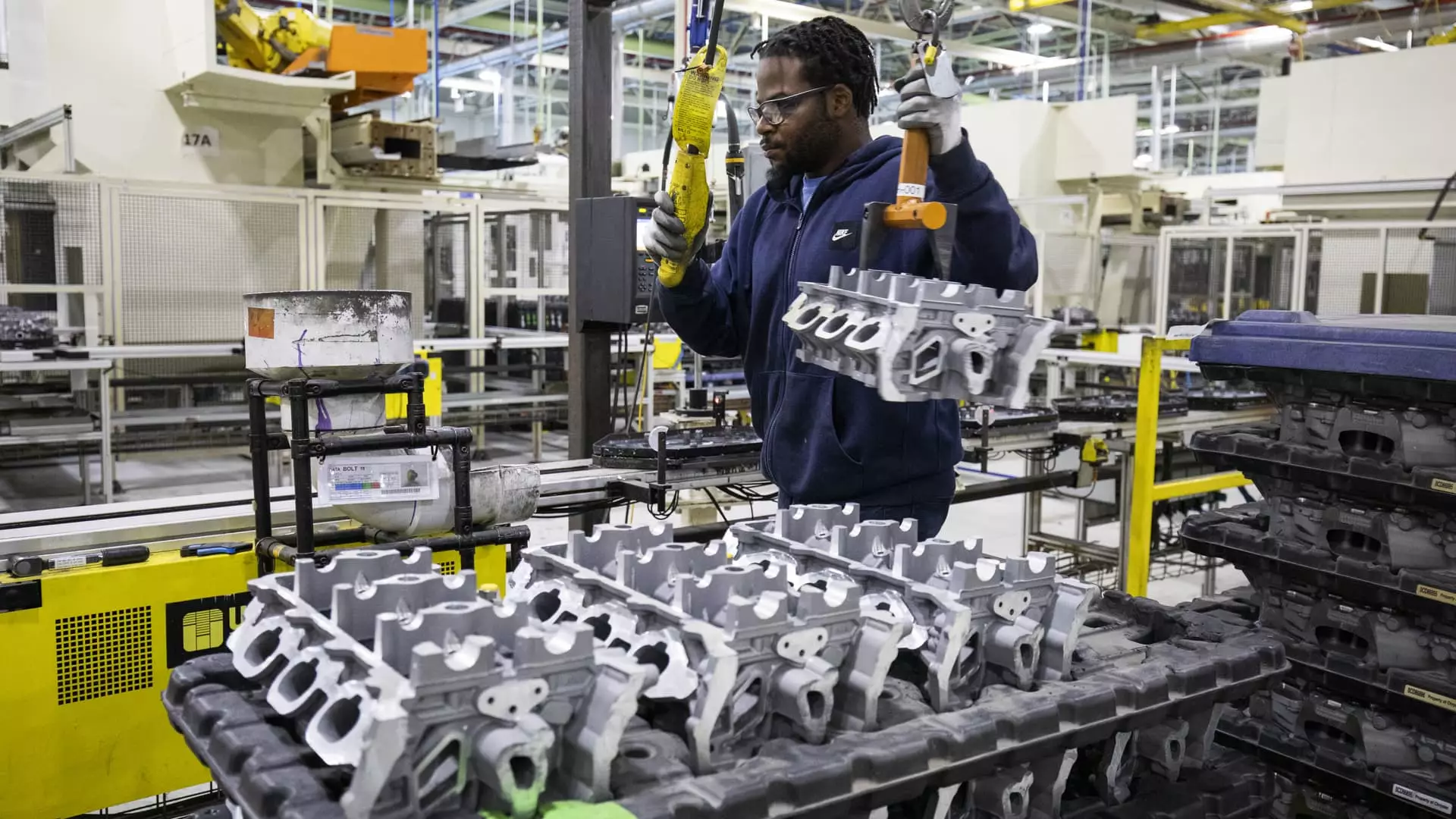In an unexpected yet powerful move, six key institutions representing the U.S. automotive sector have pooled their collective voices to oppose the Trump administration’s plan for a staggering 25% tariff on auto parts, scheduled to take effect on May 3. This remarkable collaboration — an unusual occurrence in an industry often characterized by fierce competition and divergent interests — underscores the gravitas of the situation. The urgency is palpable, as stakeholders from varying backgrounds—franchised dealers, suppliers, and major automakers—are united in a common cause: to prevent a catastrophe that could jeopardize the entire sector and the livelihoods tied to it.
The urgency of their appeal is evident. In a letter directed at key members of the Trump administration, they articulated their concerns about the impending tariffs, stating that many auto suppliers are already in a precarious situation, struggling to maintain operations amid increasing costs. The chilling forewarning is clear: a single supplier’s failure could initiate a domino effect, triggering production halts and massive job losses across the automotive landscape. This precarious state of affairs could mirror the disruptions experienced during the pandemic, where the ripple effects of one operational hiccup cascaded into widespread unemployment and factory shutdowns.
Economics vs. Ideology: The Real Cost of Tariffs
Economically speaking, the automotive industry is the crown jewel of American manufacturing, responsible for providing roughly 10 million jobs and contributing an impressive $1.2 trillion to the U.S. economy annually. Beyond its monetary contributions, the automotive sector is pivotal for regional stability and job creation across all 50 states. Therefore, the imposition of such aggressive tariffs may serve more as an ideological stance than a genuinely beneficial policy. The letter underscores a critical flaw in protectionist policies: the misconception that domestic industry can rapidly pivot to replace global supply chains.
One cannot ignore the irony here; while the intention behind tariffs might be to protect American jobs, the actual implementation may lead to more harm than good. Industry experts have echoed this sentiment, arguing that the ramifications of the tariffs could send shockwaves through the global supply chain. A pronounced decrease in vehicle sales—potentially amounting to millions of lost units—coupled with soaring prices for both new and used cars, points to an impending crisis that could reverberate throughout the entire economy.
A Call for Pragmatism in Policy Making
Interestingly, President Trump has hinted at a willingness to reconsider these steep tariffs, drawing a parallel to the temporary relief granted for consumer electronics and semiconductors. This opens up a critical dialogue: should we not prioritize pragmatic policies grounded in real-world consequences over ideological whims? The precarious balance between protecting domestic industries and fostering global competitiveness has never been more starkly highlighted. Auto executives have communicated a pressing need for a policy that allows for a gradual transition rather than an abrupt upheaval.
The stark reality is that establishing new supply chains within the United States isn’t an overnight feat; it is a complex, time-consuming process that requires careful planning and considerable investment. The joint letter from these automotive stakeholders emphasizes a desire for more manufacturing and supply chains rooted in the U.S. while rightly acknowledging the need for time to effectuate such a transition. It illustrates a pragmatic assessment of the situation, countering the rhetoric that oversimplifies the challenges faced in the shift towards greater self-reliance.
As the automotive sectors’ leaders call on the administration to reassess these tariffs, the stakes couldn’t be higher. The implications extend far beyond mere numbers in a ledger; they will dictate the health of a vital industry and the well-being of countless American workers. In the current climate, where economic stability is precarious, the need for a balanced and informed approach to trade policy is more urgent than ever. If the U.S. is to maintain its position as a leader in automotive innovation and production, it must navigate the tumultuous waters of policy making with wisdom and foresight.

